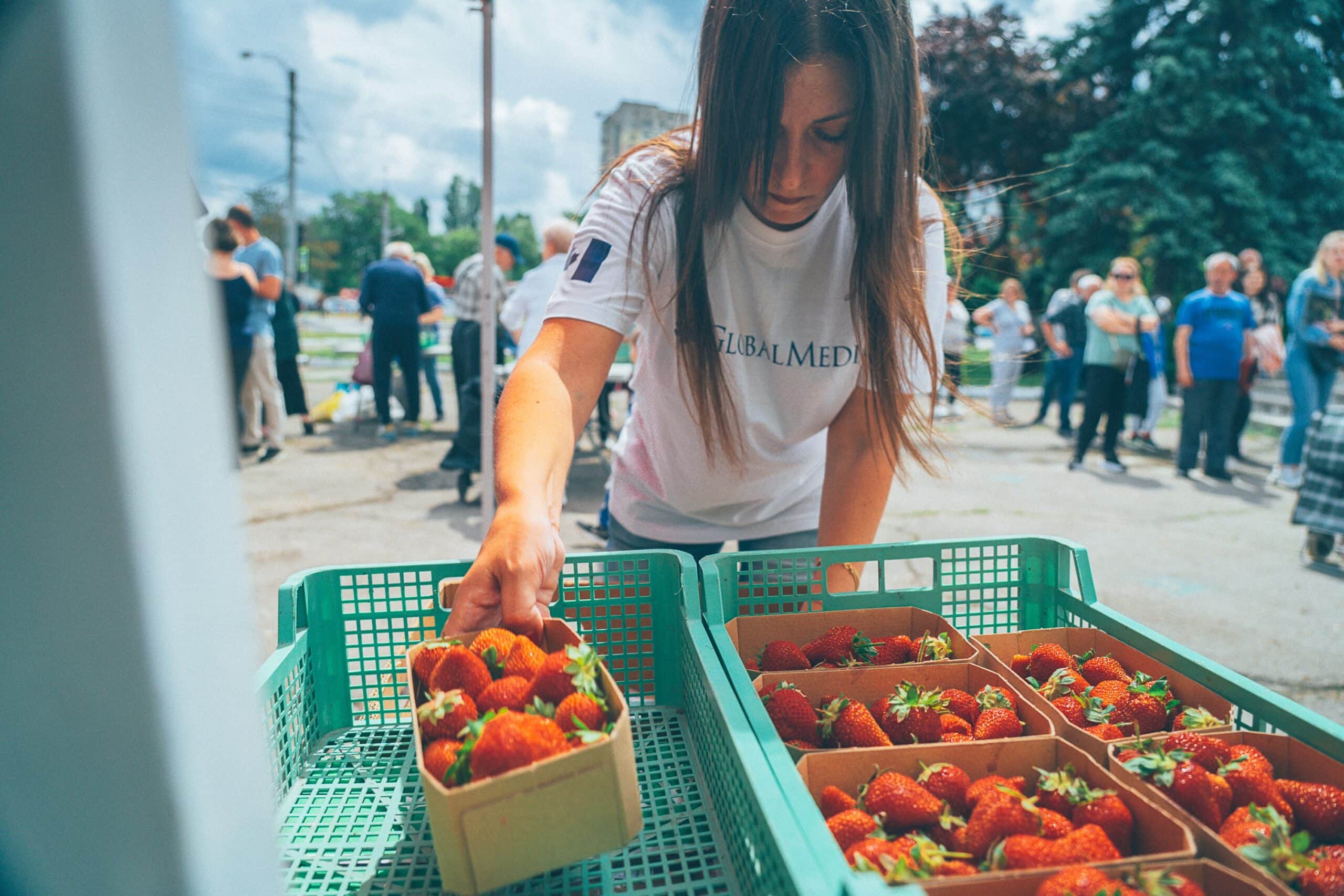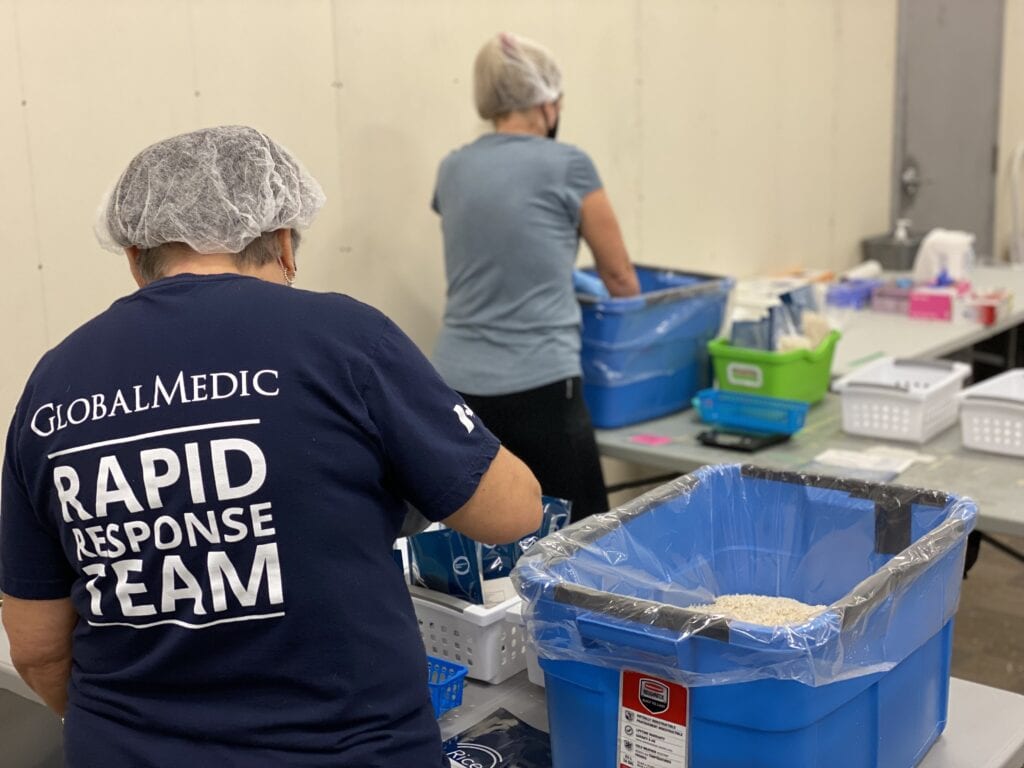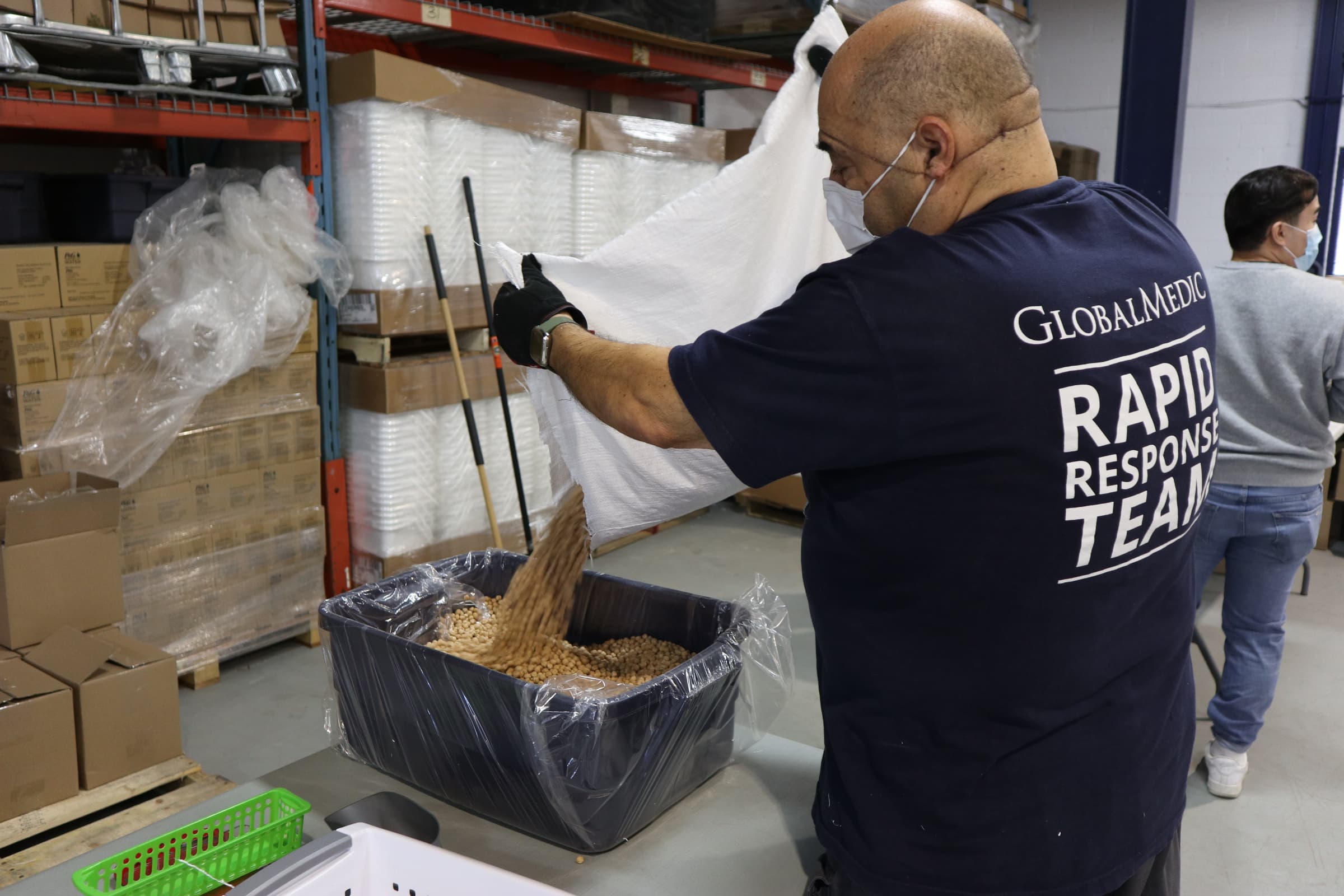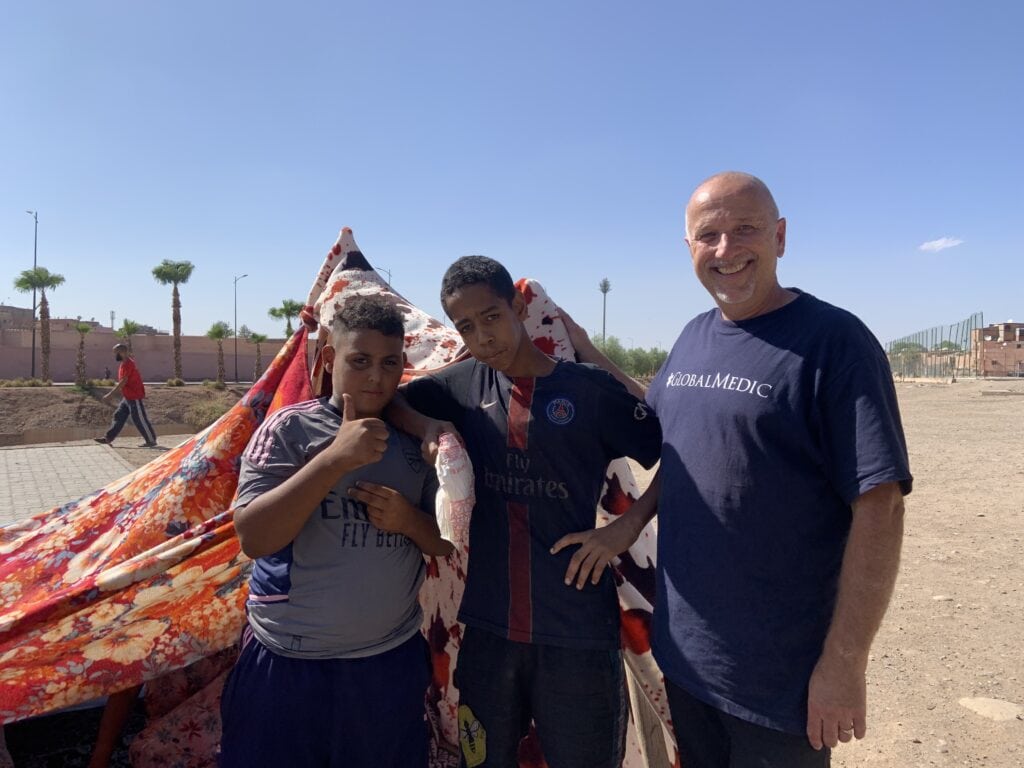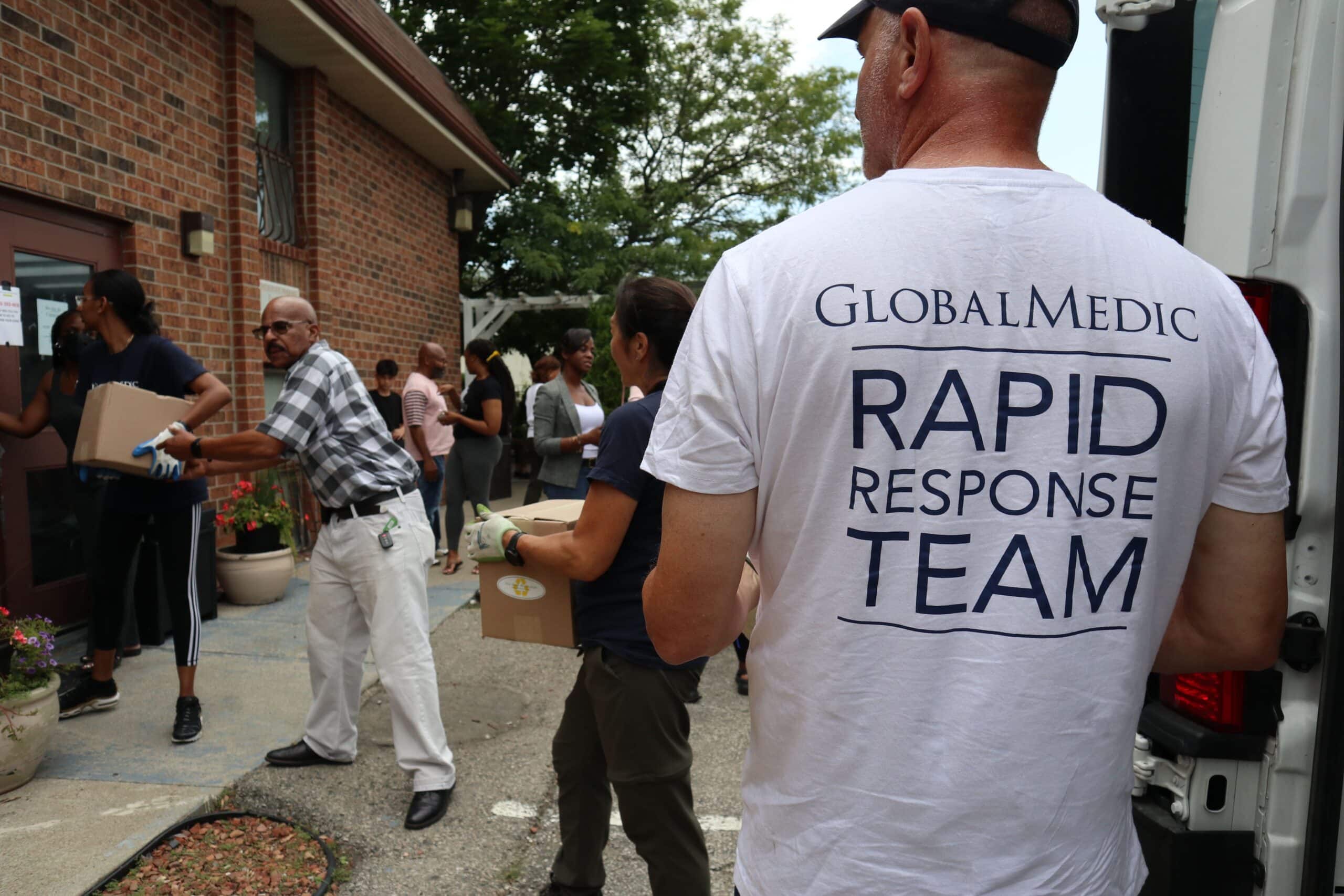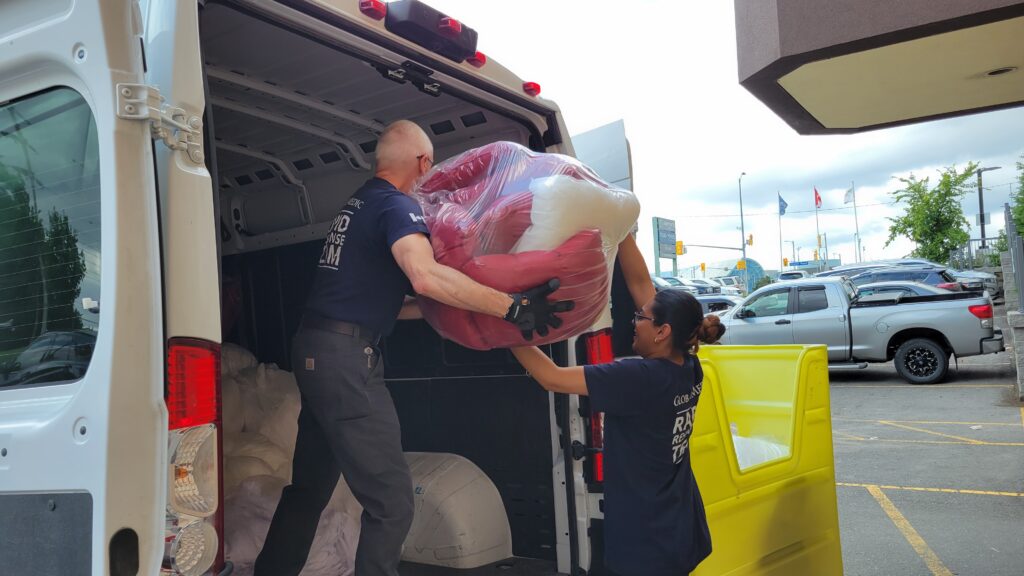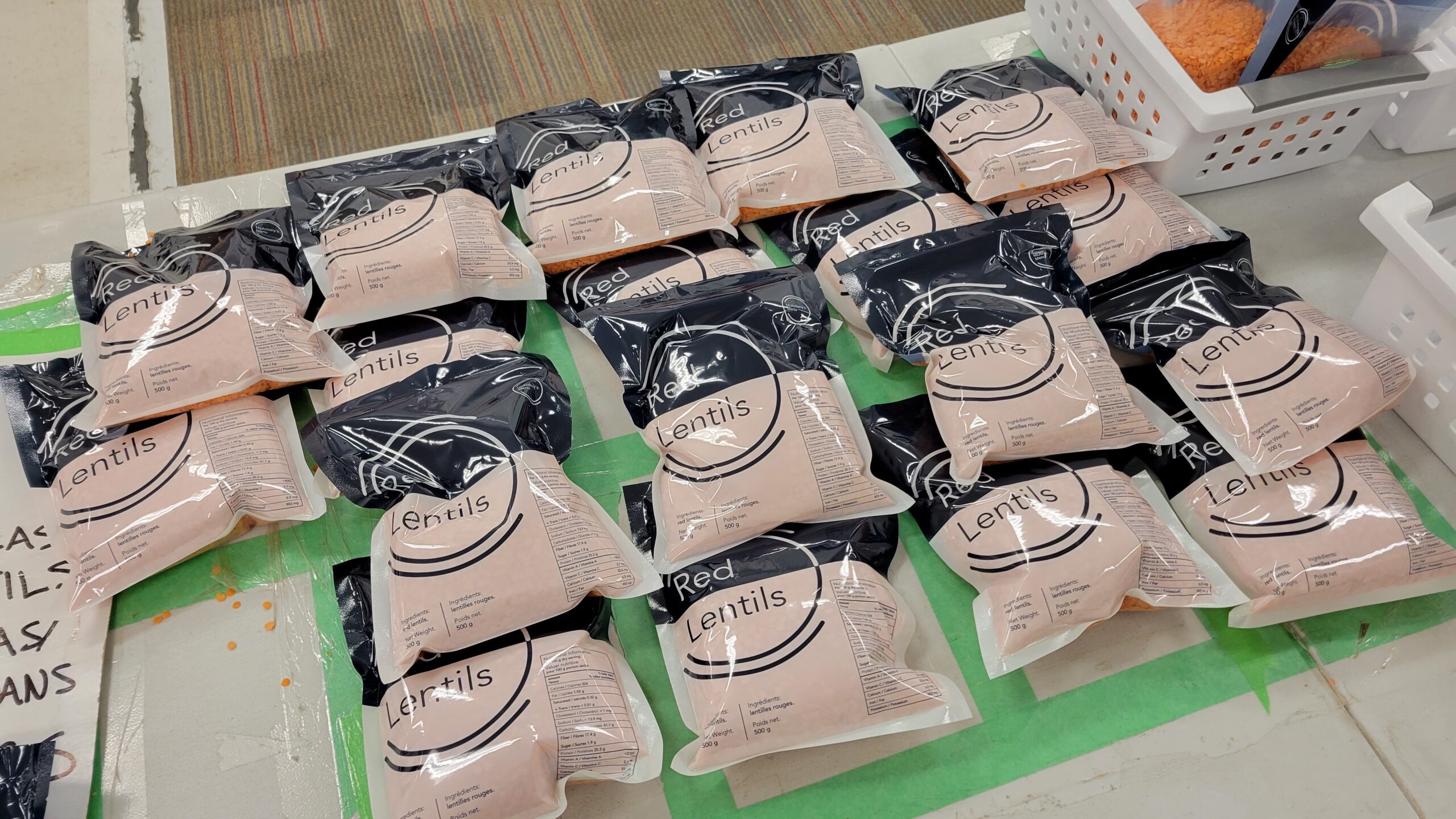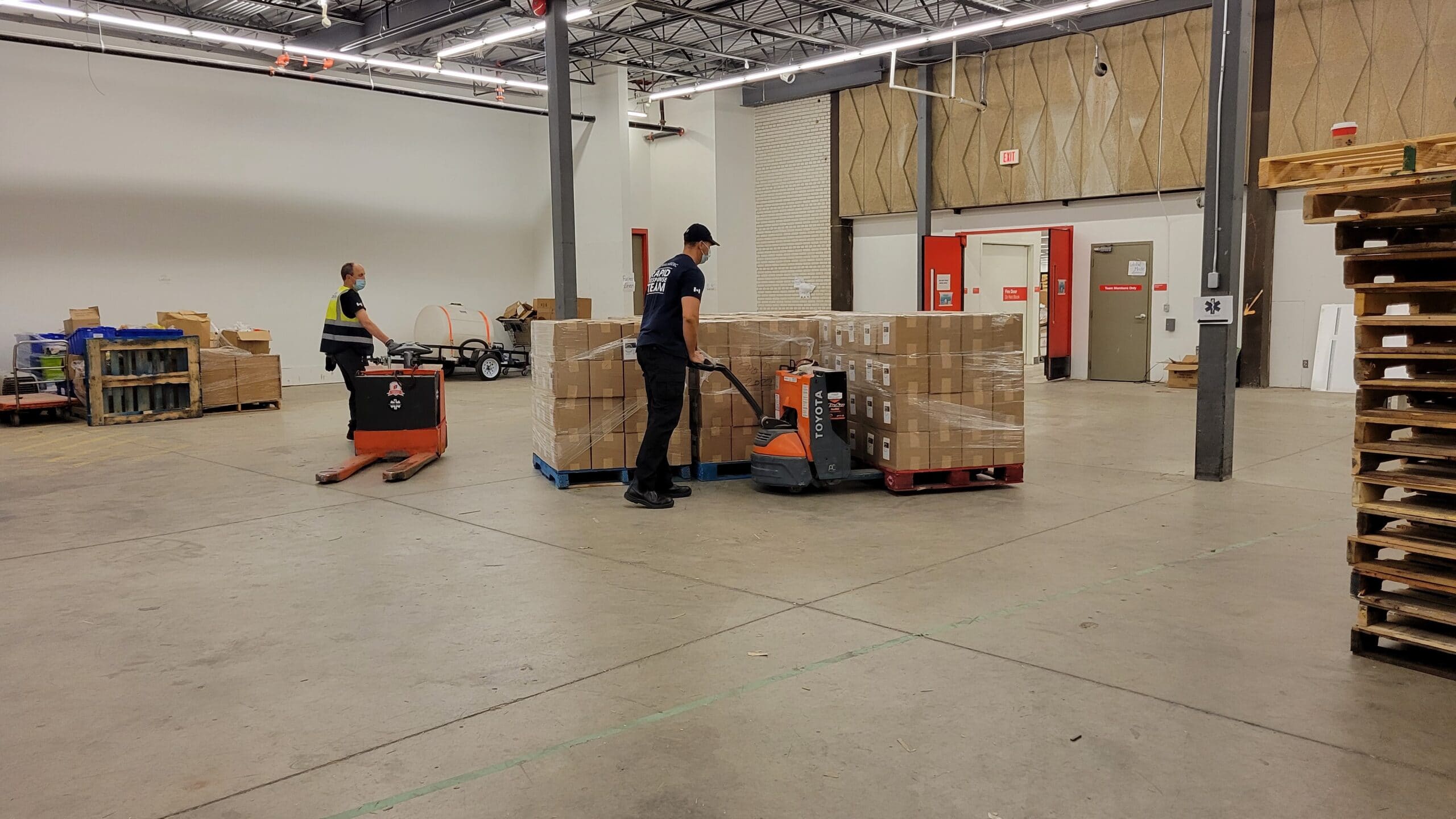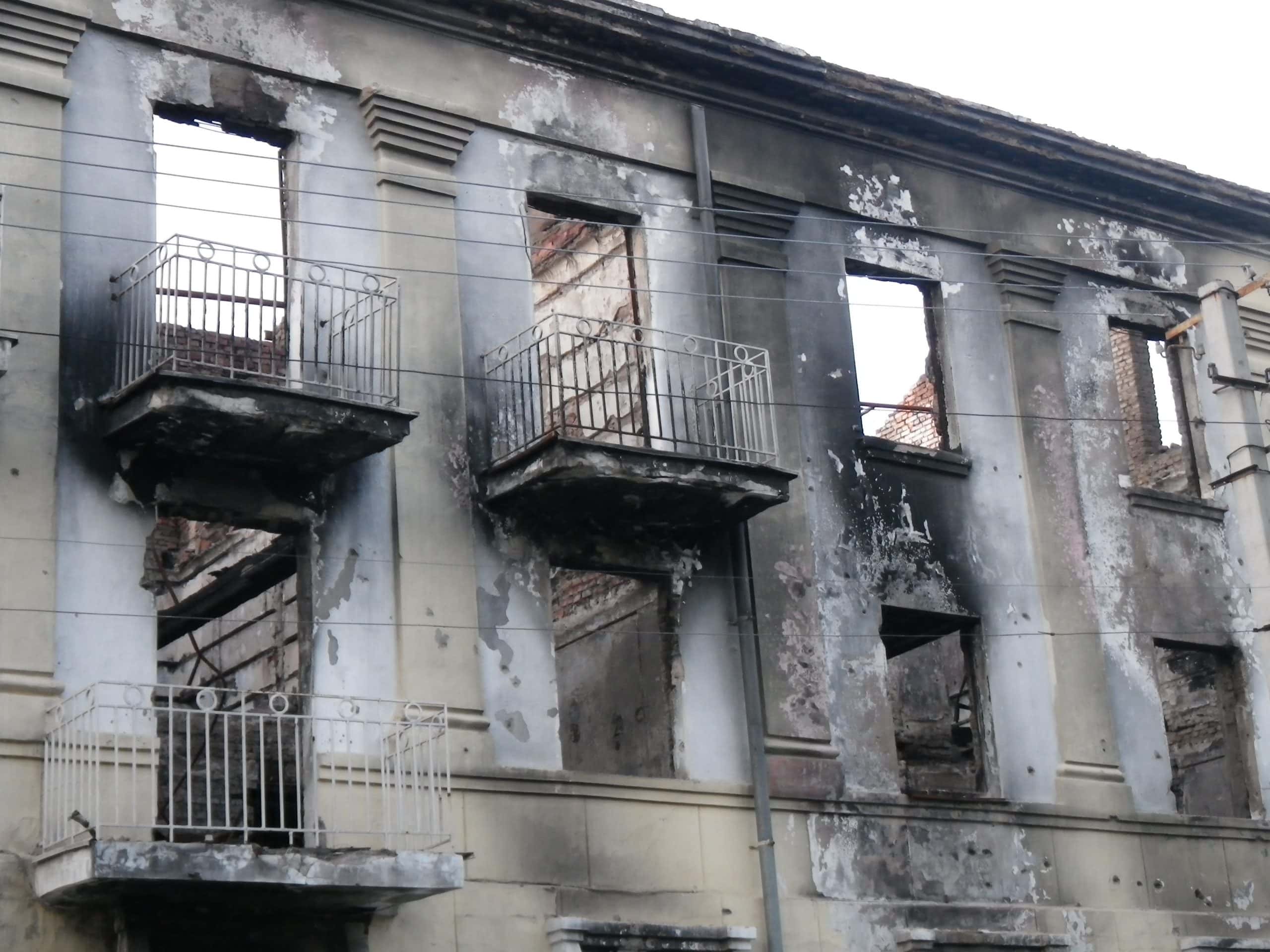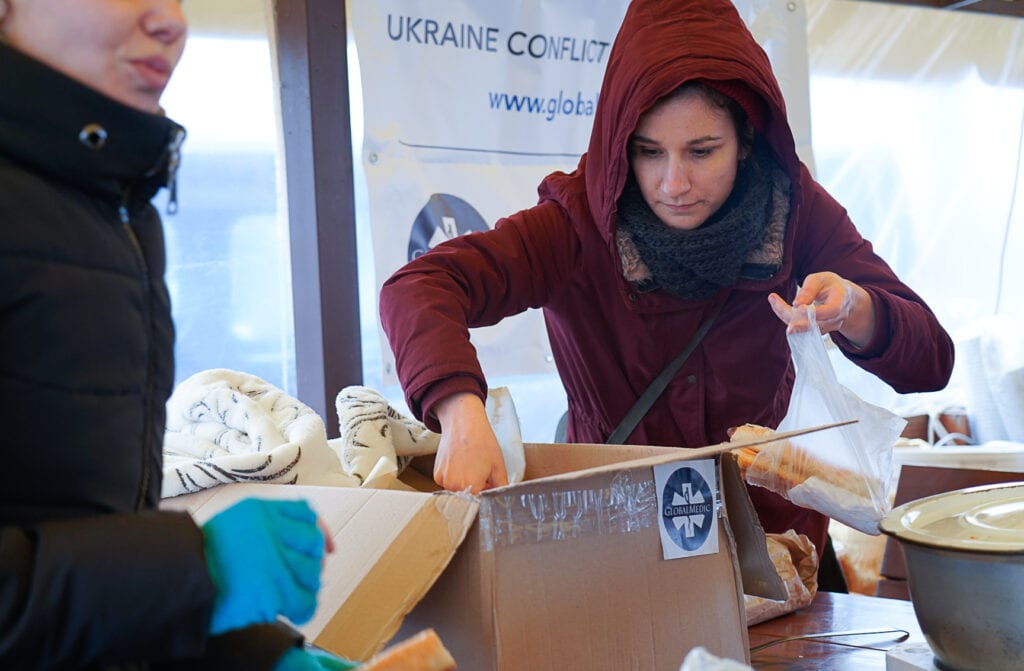World Refugee Day, observed on June 20, highlights the resilience and struggles of millions of refugees worldwide. This day encourages a deeper understanding of their journeys, often fraught with peril as they flee from conflict and disaster to seek safety and stability for themselves and their families. It also highlights the indispensable role organizations like GlobalMedic play in providing vital aid to these displaced populations.
Refugees face numerous challenges, from the immediate danger of conflict to the uncertainties of life in temporary camps that often lack adequate resources. The journey to a new home is complex and bureaucratic, potentially dragging on for years.


GlobalMedic has been actively involved in providing crucial support to refugees affected by the conflict in Ukraine. Immediately following the escalation of conflict in February 2022, millions of Ukrainians began fleeing the country, ending up in neighbouring countries like Romania and Moldova. GlobalMedic began responding to the needs of refugees in both countries, but as the refugee populations have shifted over the last two years the response now focuses on Moldova where more than 120,000 Ukrainian refugees are still residing. GlobalMedic has been producing food hampers locally in Moldova which are distributed weekly to Ukrainian refugees and Moldovan host families. This program has delivered more than 200,000 food hampers to families in need.
Moreover, GlobalMedic’s commitment extends beyond immediate relief in the wake of the initial conflict. The programs set up in Moldova have been running for more than two years, recognizing the long-term reality of refugees who have been displaced for such an extended time. Our response has included both robust logistics from Canada to distribute Family Emergency Kits and local procurement, significantly bolstering our capacity to provide sustained assistance.


Volunteers are the backbone of GlobalMedic’s operations. In the past year alone, volunteers contributed over 50,000 hours of their time, packing and delivering aid. The dedication of these volunteers, who come from all walks of life, fuels GlobalMedic’s ability to respond swiftly and effectively to crises. Additionally, in a unique approach to fostering community and self-reliance among displaced populations, GlobalMedic has involved refugees in Moldova in their programs. These individuals support other refugees by assisting in the distribution of aid, utilizing their firsthand understanding of the needs and challenges faced by displaced communities.
This involvement not only provides practical assistance but also empowers refugees by giving them an active role in their own recovery and in supporting others experiencing similar hardships. This model of involving refugees in aid efforts exemplifies a full-circle approach to humanitarian aid, where beneficiaries become benefactors, enhancing the effectiveness and the human connection in the aid provided.


Rahul Singh reflects on the spirit and dedication of those involved, “I am proud of our team of professional humanitarians who keep the operations running smoothly despite these turbulent times. The world needs more of the solutions that our teams deliver.”
As we mark World Refugee Day, it’s crucial to acknowledge and support the efforts of organizations that are supporting refugees around the world. Their work does more than just meet immediate needs—it also lays the groundwork for long-term recovery and stability. This day is a reminder of the ongoing challenges faced by refugees and the importance of sustained, community-driven support to help them rebuild their lives.

